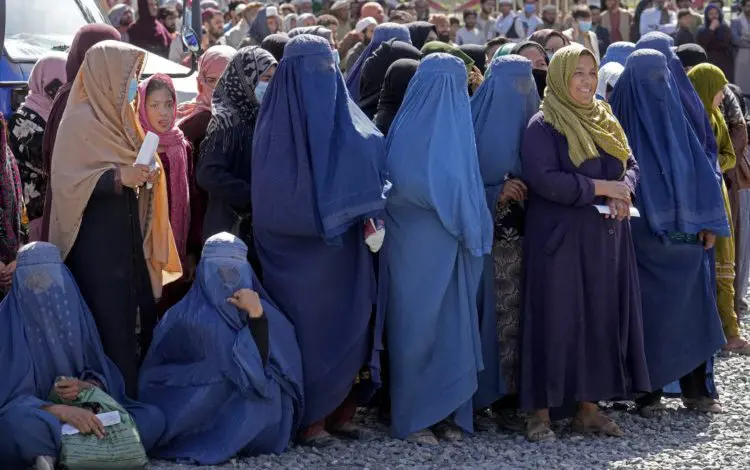
Afghan women recently deported from Iran are undoubtedly facing a severe humanitarian crisis. But this is not just their problem—it is also a warning for the global community. In reality, these women returning to Taliban-controlled Afghanistan have fallen into a hell of gender inequality, poverty, and persecution, with no visible means of escape. Notably, this year, Iran has forcibly deported millions of Afghans living within its borders back to Afghanistan.
Among them are thousands of single women and female-headed households. Many of these women were supporting their families through small businesses or labor in Iran. Upon their return, the Taliban’s gender-discriminatory policies have placed unprecedented challenges before them. It must be remembered that under the misogynistic Taliban rule, women without a male guardian (mahram) cannot rent homes or take up most jobs.
Taliban Oppression and the Helplessness of Afghan Women
They cannot even seek medical treatment! In other words, poverty, starvation, physical and mental abuse, and sexual violence have now become the inevitable fate of these cursed women and their children. Reports indicate that many women deported from Iran had their property confiscated and faced mistreatment along with their family members. Many widows and single mothers are now forced to rely on secret home-based work to survive, which is risky and uncertain.
Taliban rules, such as banning women from speaking or showing their faces in public, are silencing their voices. The United Nations has declared this a moral crime. While this highlights the severity of the crisis, what is the solution? It is also worth considering that the return of deported women has placed immense pressure on Afghanistan’s already fragile social and economic system. According to the UN, 85% of Afghanistan’s population survives on less than a dollar a day.

Restrictions on women’s education and employment have destroyed their economic independence. Female-headed households have been the most affected. Human rights organizations have warned that aid systems are already crumbling. The lack of housing, food, and security makes these women easy targets for violence and exploitation. Taliban policies not only violate women’s rights but also weaken the social fabric. Yet, in the Taliban’s eyes, half the population is barely considered human!
The UN’s Inaction and Regional Tensions
Certainly, the Taliban’s gender-discriminatory policies have been deemed






